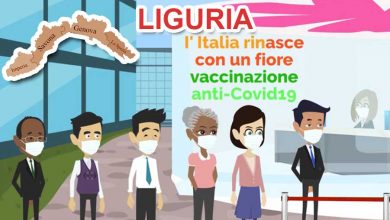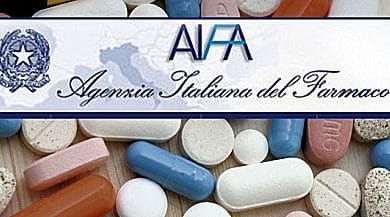
With a declaration signed by more than 80 pharmaceutical companies, the companies put their requests, but also their commitments, on paper. The new antibiotics against super-bacteria can only arise from the collaboration between the public and private sectors.
L 'unity is strenght. The 85 pharmaceutical companies from 18 countries are convinced of this, as they presented at the World Economic Forum held in recent days in Davos, Switzerland, a joint statement to combat antibiotic resistance. Among the signatures there are the giants of the sector (to name a few GSK, Pfizer, Merk, Johnson & Johnson) together with the companies that produce diagnostic tools; all agree to subscribe to the same requests and the same commitments.
'unity is strenght. The 85 pharmaceutical companies from 18 countries are convinced of this, as they presented at the World Economic Forum held in recent days in Davos, Switzerland, a joint statement to combat antibiotic resistance. Among the signatures there are the giants of the sector (to name a few GSK, Pfizer, Merk, Johnson & Johnson) together with the companies that produce diagnostic tools; all agree to subscribe to the same requests and the same commitments.
The "do ut des" pacts contained in the document are clear: Big Pharma is committed to producing new antibiotics against "super-bacteria", which by 2050 could cause 10 million deaths a year, however asking Governments to come meeting them on the expenditure front.
The current laws of the market which, in summary, link profit to the quantity of products sold, fail to make the production of antibiotics economically sustainable. By their nature, antibiotics have two "defects" that make them unattractive in the eyes of entrepreneurs: they are used for a limited period of time and, in order for them to be effective, they must not be used excessively. Basically, the investments for those who produce them are very high and the earnings too low.
The companies are now asking to remedy the situation with some reforms in their favour, starting with adjusting the costs of antibiotics to the benefits they provide to avoid having to add costs for drug development to those for promotional campaigns. In return, the industries undertake to contribute to the key steps in the fight against antibiotic resistance.
The roadmap shared by the signatories of the Declaration consists of three stages.
The first is to reduce the spread of resistant bacteria by encouraging appropriate use of old and new antibiotics in accordance with the comprehensive plan of action of the World Health Organisation. Secondly, companies are committed to increasing their efforts in research and development, increasing collaboration between industries, universities and public institutions to accelerate the pace of discovery. Finally, Big Pharma promises that it will do everything to ensure access to future drugs to anyone who needs them in all countries of the world.
The Davos Declaration will be updated every two years based on the global condition of drug resistance, adapting from time to time to the new priorities and is open to accepting the signatures of anyone who wants to join the project. Jim O' Neill, the British economist at the head of a government task force on antibiotic resistance (which we talked about recently in an article), does not hide his enthusiasm for the initiative: «It is a great step forward in building an appropriate global response to the challenges of antibiotic resistance. I am very impressed by such a broad adherence to a common set of principles and commitments on these very important issues: this is a level of consensus that we have never seen before from the industries».
Related news: “Antibiotics. It's a shame to misuse them." The Emilia Romagna campaign is underway





